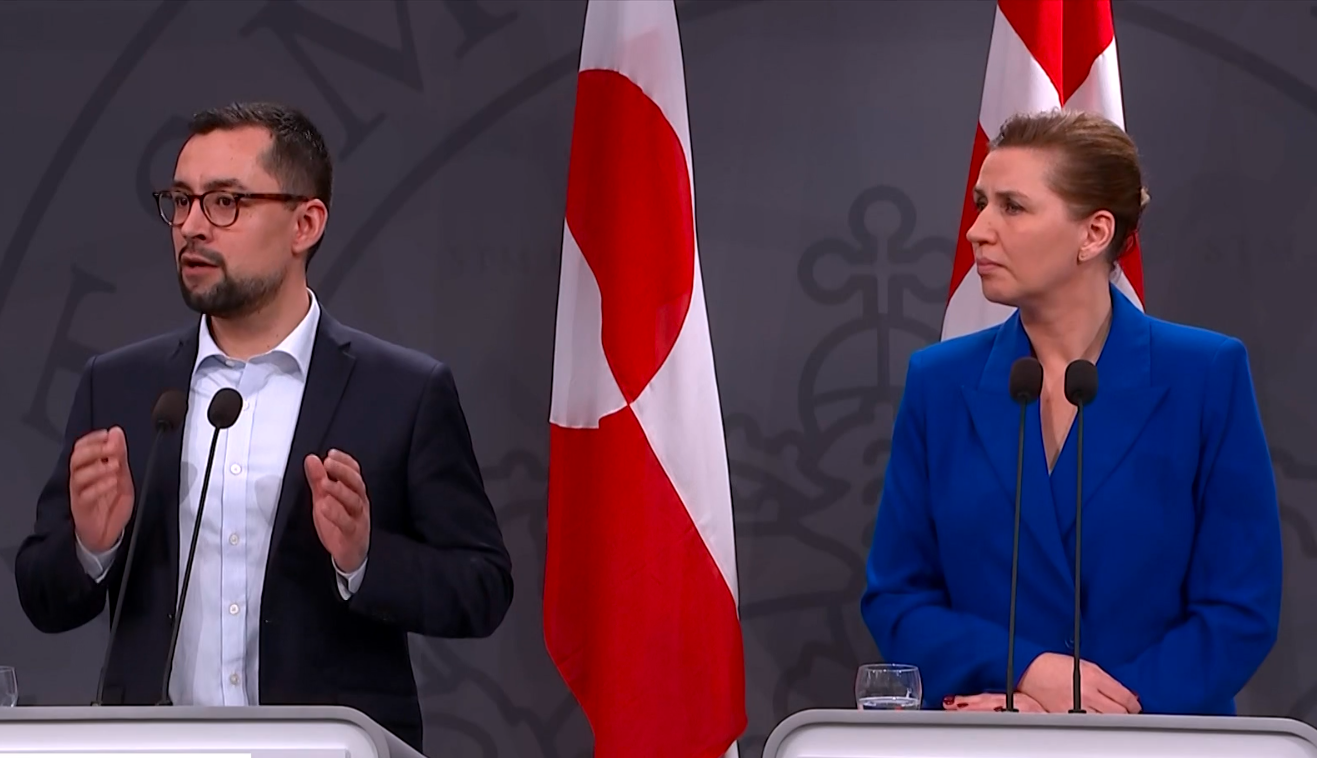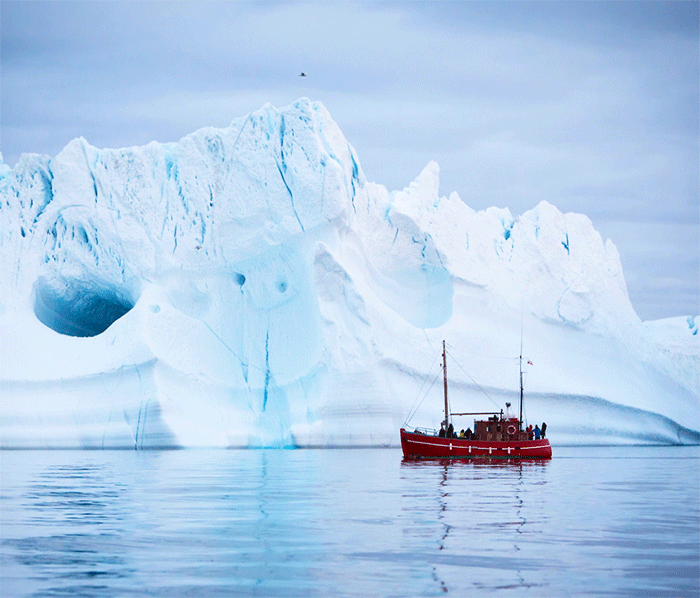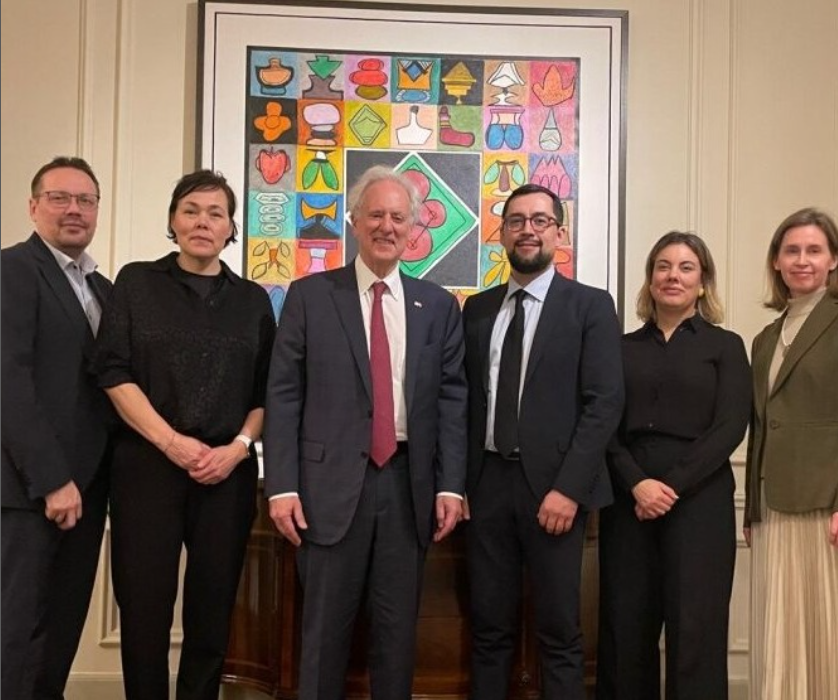A new proposed change to the nation's media laws could have direct implications for broadcasting in radio and television, according to the national journalists' union, Dansk Journalistforbund, and the national media association, Danske Medier.
The new legislation would revoke the broadcast licence of any media organisation accused of supporting any form of terrorism. The proposed addition to the law would include language that stipulates that "programmes should in no way be affiliated to any form of terror organisation(s)".
Christina Moshøj, a senior consultant for Danske Medier, strongly condemned the move, claiming that such a ban would especially restrict documentary programmes.
"Documentaries should be able to pursue controversial issues that are within the public interest, without having to worry about possible prosecution," Moshøj told Politken newspaper. “At what point is a documentary programme an objective reflection or reality and at what point do you say it contains elements of support for terrorism?"
The spokesperson for Dansk Journalistforbund, Mogens Bjerregård, is also worried about the possible implications the proposed change would have on press freedom in Denmark.
“Editors should have the final say as to which stories are broadcast or not," he told Politiken. "That’s the foundation for press freedom. The more we look to the judicial system for guidance, the less freedom we’ll have to broadcast.”
The proposed legislation follows the failed attempt by the government to shut down the Kurdish television broadcasting service, Roj TV, which is based in Copenhagen.
Roj TV was fined 2.6 million kroner in January for violating anti-terror laws, but continues to air its programmes thanks to a loophole in the current media law.
The new wording of the media laws would close this particular loophole, but Bjerregård was adamant that the government is taking a wrong approach.
“There are already established laws that work. You have to use regulations which are already in place," he said. "This is just the wrong way to handle the situation.”
Danske Medier ‘s Moshøj agreed with Bjerregård, although she was sympathetic to the government’s attempts to tackle support for terrorism.
“We just feel that this proposed law doesn’t have the right balance," she said. "It will curb terrorist propaganda, but there’s a real risk of collateral damage.”
Oluf Jørgensen, the head of research for media law at the journalism school Journalisthøjskole, on the other hand, disagreed. He’s not convinced that the proposed change will have any real effect on Denmark’s press freedom.
“Under current legislation, programmes are prohibited from creating bias depending on race, ethnicity, sexual orientation, religion and nationality," Jørgensen told Politiken. "Now, sympathy towards terrorism is included in that list. But it won't change very much because if you support the cause of a terrorist organisation, then you’re typically supporting a particular ethnic group anyway."
"On the surface, this legislation sounds like it could affect many broadcasters," he continued. "But the freedom to information and expression in this country protects the right to cover world stories in the public’s interest. Objectivity is not under threat.”
Jørgensen was therefore adamant, that the newly proposed law will only strengthen the media’s rights, rather than hinder them.














